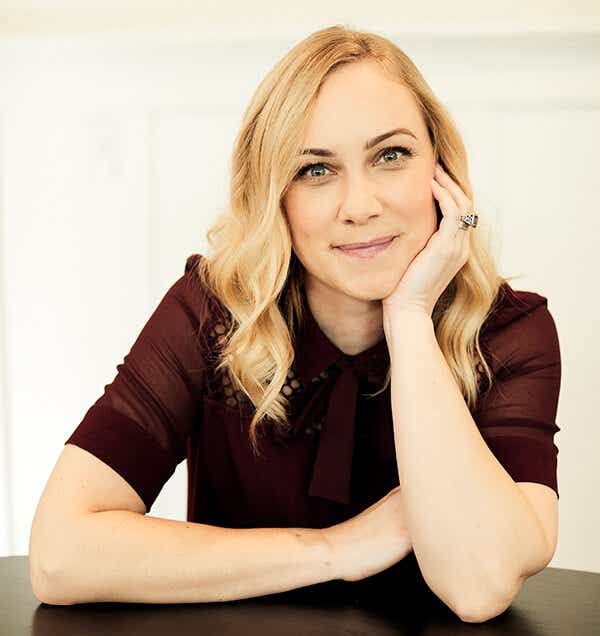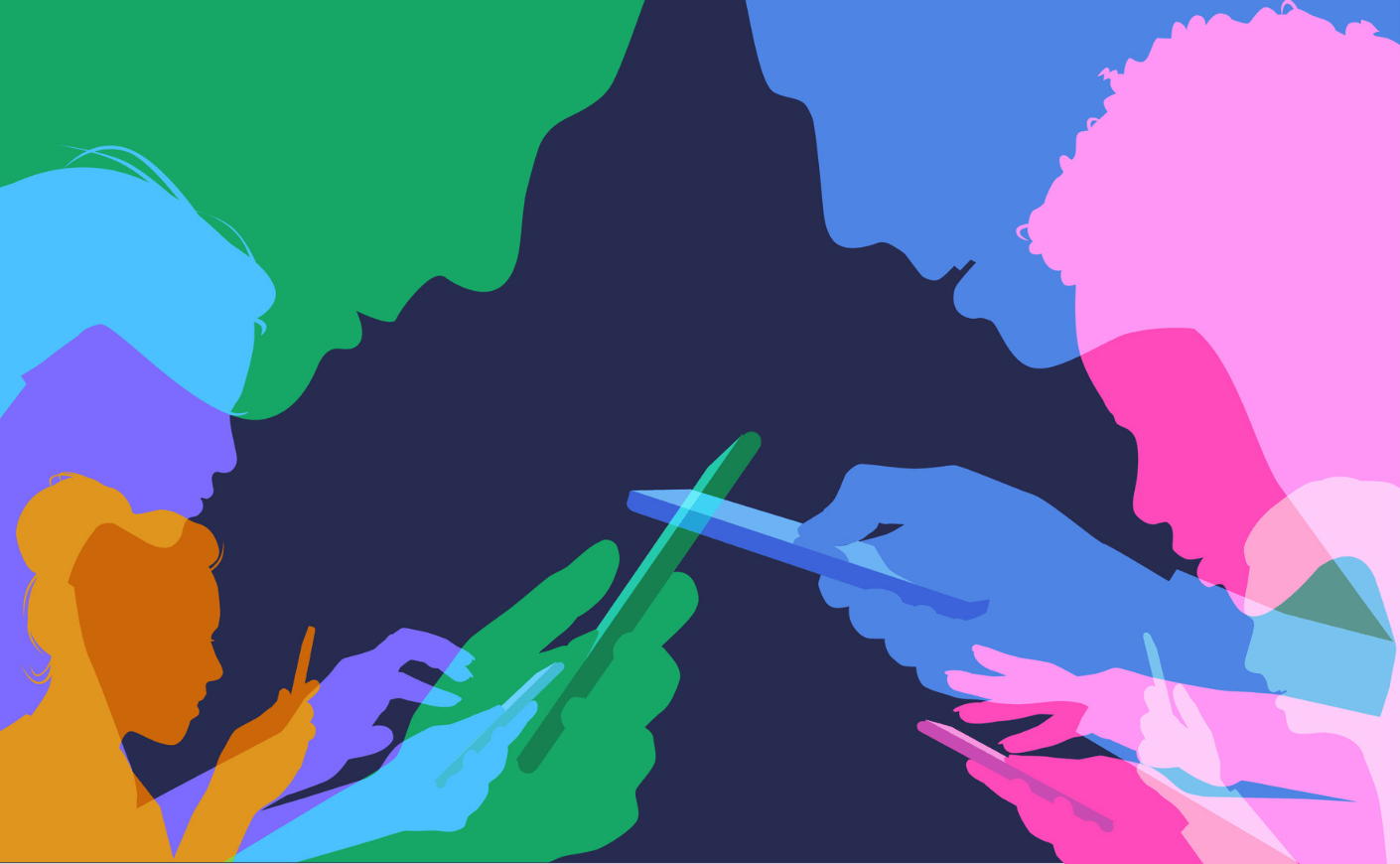The past few years have been rough. We’ve encountered a worldwide pandemic, witnessed multiple refugee crises, and America has been at war for as long as most of us can remember. No matter what time of day we tune into news outlets, we are flooded with frightening stories. We hear about various ecological disasters, sickness, riots, school shootings, and sexual assaults; the details and images can be hard to take in and often impossible to forget.
This bombardment of information doesn’t only happen through traditional news outlets. Every day we see people sharing their thoughts and experiences through YouTube, Facebook, Instagram, Twitter, and more. Sometimes this content can be helpful and exciting — connecting us with other cultures around the world and allowing us to easily keep in contact with the people we love. However, there’s a harmful side effect to all of this connection. Whether it’s videos of school shootings as they take place, or interviews with women speaking out about their experiences with sexual assault, traumatic information is everywhere we look. It can feel impossible to be online and not be inundated with terrifying information and feel helpless to stop it.
Whether we realize it or not, this flood of negative information takes its toll on our mental health. We can begin to see the world as a scary and unsafe place, wonder if we can trust our neighbors, and possibly decide to not go out as much…
The way we use social media is instrumental to our overall well-being. If we use it to connect and support, then we’ll feel those things in return. But if we use it to tear others down, spread hate and hurt, then we can start to think that that’s all the world has to offer us. Being more mindful of what we do and who we follow online is key to ensuring social media has a positive effect on us. Everyone agrees that if you eat food void of any nutritional value, you won’t feel as good as you would if you ate a nutritionally rich meal. The same goes for what you allow your eyes and mind to digest. Notice how you feel after reading or watching content online. Do you feel better or worse afterward? Are you jealous? Hate-filled? Inspired or excited? Whatever you feel, pay attention to it. If you find yourself worse off emotionally after being online, it’s time to reconsider what you’re doing — and who you’re following.
Excerpted from Morton’s 2021 book Traumatized: Identify, Understand, and Cope with PTSD and Emotional Stress. To get an autographed copy, head right here.










